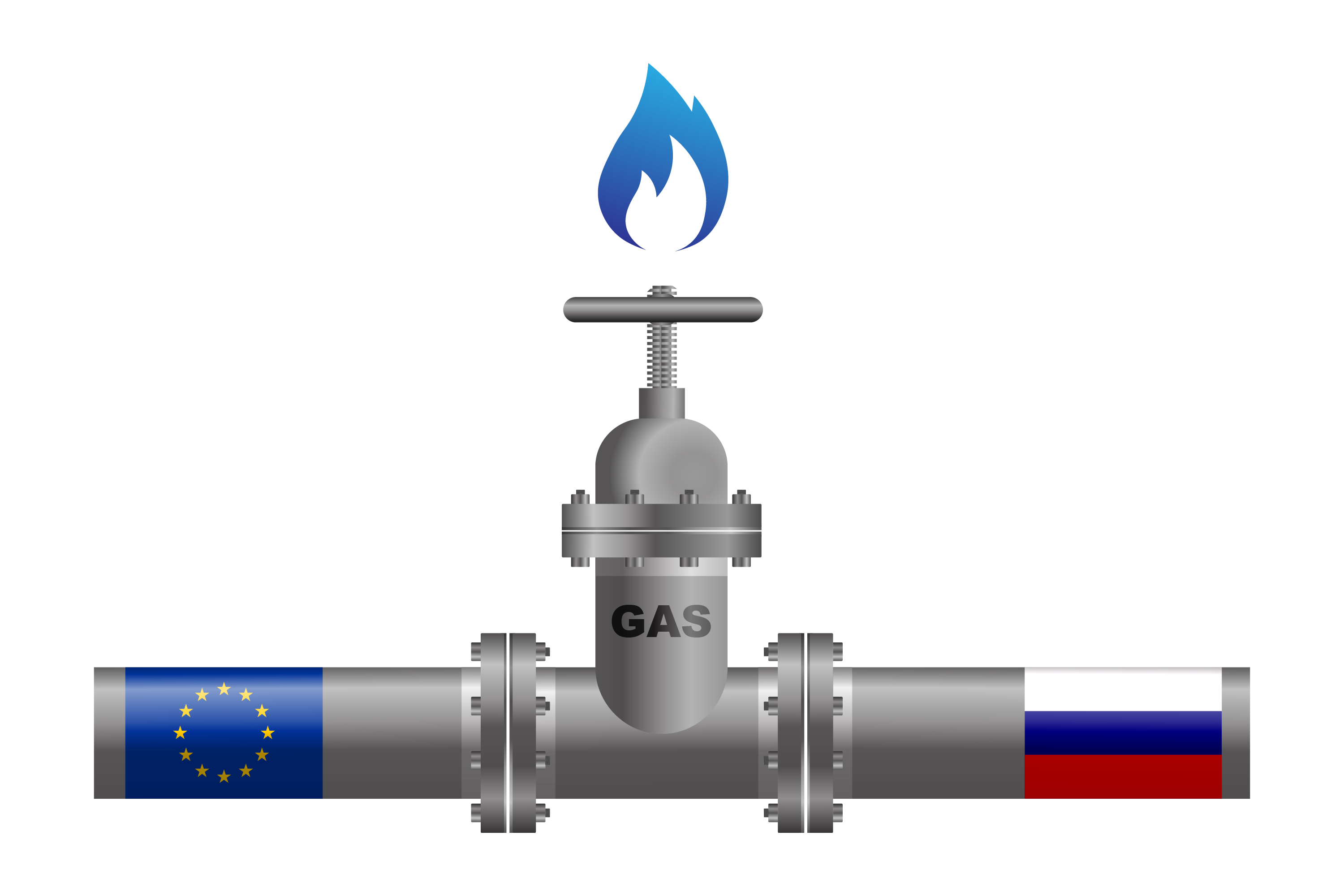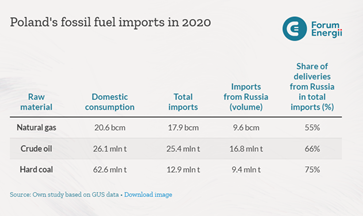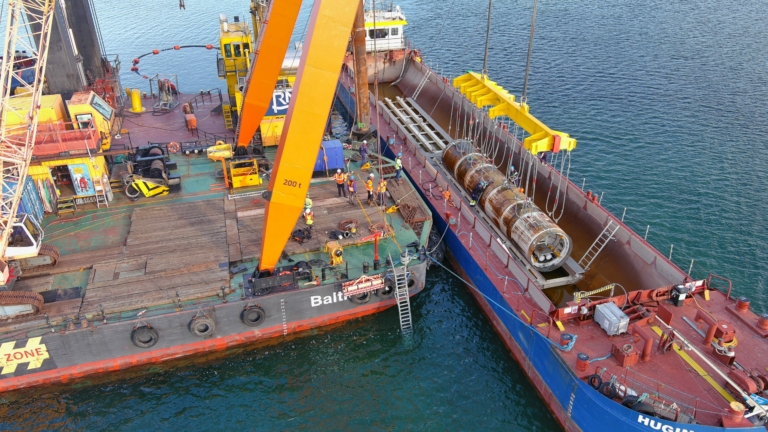Energy Security in Europe – National Perspectives Part 1: Poland
by Tanja Maximow, GIZ/EUKI
The Kremlin’s invasion of Ukraine and the resulting rise in prices for fossil fuels have once again underscored Europe’s energy supply dilemma. The conflict has led to calls for energy autonomy in EU countries. Russia’s halting of gas supplies to Poland and Bulgaria is yet another sign of the high risk that dependence on fossil energy poses to Europe’s security of supply.

According to the European Commission, 20 EU countries are heavily reliant on Russian gas, oil and coal. Around 40% of the natural gas consumed in the EU originates from the Russian Federation.
More and more EU countries are now seeking to move away from energy supplied by Russia. At European level, the plan is to reduce Russian energy imports by two thirds in 2022 and phase them out completely by 2030.
These efforts also raise the question of energy security. With a view to next winter in particular, the governments of European countries are looking for short-term alternatives to secure the energy supply for their populations.
However, each EU country’s situation and options for action are different: while the European Union is clearly focusing on energy efficiency measures, expanding renewable capacities and diversifying energy sources and supply routes, some European countries can only achieve energy security in the short term by reverting back to coal mining or increasing the use of nuclear energy.
At the EUKI Academy event Russian Invasion of Ukraine: Implications of Energy Transition in CEE, Dr. Aleksandra Gawlikowska-Fyk, Director of the Energy Sector Program at the Polish Think Tank Forum Energii and implementer of the EUKI project Int-E-Grid: Powering Electromobility in Poland and Germany spoke on Poland’s approach to the current energy crisis and the national strategies to secure energy supply.
Poland – Return to coal?
On 27 April 2022, Russia stopped its gas supplies to Poland. In the run-up, the Polish government had refused to pay in rubles and invoked existing contracts. Poland imports more than half of the total energy it consumes from abroad. Russia had until then been the republic’s main supplier, providing 75% of its coal, 66% of its oil and 55% of its gas.
Dr. Aleksandra Gawlikowska-Fyk on the problem of energy independence while ensuring energy supply:

Despite Russia’s gas supply freeze, Poland is well prepared. The country initiated measures to move away from Russian energy supplies many years ago. The country can now report some initial success in reducing the supply of Russian natural gas. Over the last five years, work has continued on the construction of a Baltic gas pipeline which will replace Russian gas with imports from the Norwegian continental shelf. This fall, Poland will gain independence from Russian gas for the first time in decades and will not renew its gas supply contract with Gazprom, which expires at the end of the year.
In addition, the gas interconnector between Poland and Lithuania was inaugurated in early May 2022. The pipeline will transport Lithuanian LNG to Poland, thus making a further contribution to increasing energy security in the region.

However, transitioning away from Russian oil and coal will be much more difficult for Poland due to a lack of alternatives. Households still use 60% of imported coal for heating. The investments of EUR 21 million in sustainable building renovation announced by the Polish Government at the end of March will only lower household energy consumption in the long term. A short-term shift away from oil and coal is therefore not possible without triggering a major economic and social crisis, especially for Polish citizens.
That is why the Polish Government, like other Central and Eastern European (CEE) countries, is considering stepping up national coal production. This is aimed at guaranteeing energy security even after the Polish-Russian energy contracts have ended. For Mateusz Kowalik of EUKI’s Just Transition Lab project, this would slow down the energy transition. His project helps German and Polish coal regions to plan a coal phase-out in a participatory process:
‘The alternative energy mix was already a priority for us long before the war in Ukraine, as we have been campaigning for the need to transition from coal to renewable energy sources for quite some time. We firmly reject a return to coal mining. Recent events have prompted us to adapt the measures under our joint EUKI Just Transition Lab project. To this end, we are organising a series of events on local alternatives, forecasts of the future energy mix and its impact on the region.’
If Poland wants to reduce or even stop imports of Russian energy and achieve energy sovereignty, Kowalik stresses, it will require not only a modernised electricity grid, a supply of sustainable heat for its population and immediate investments in renewable energy, but also help from the EU. Dr Gawlikowska-Fyk from Forum Energii also thinks that the EU has a responsibility:
Click here to read: Energy Security in Europe
